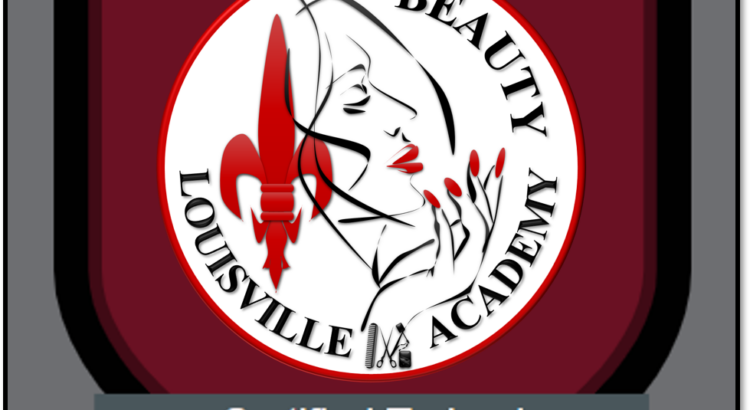The beauty industry, while glamorous at the forefront, is built upon the bedrock of rigorous health and safety standards behind the scenes. One such institution that fervently advocates for these standards, and intertwines them seamlessly into its educational ethos, is the Louisville Beauty Academy. Known for its affordability, flexibility, and commitment to underserved populations, including immigrants with limited English proficiency, the academy emphasizes the profound importance of health precautions, especially regarding bloodborne pathogens, and the vital role of maintaining optimal air quality.
1. Protection Against Bloodborne Pathogens: More Than Just First Aid
Procedures in Case of Accidental Cuts or Injuries:
In the beauty industry, where tools and instruments come into play, accidental cuts or minor injuries are not entirely uncommon. At Louisville Beauty Academy, students are trained to handle such situations with poise and efficiency. The academy’s curriculum lays out step-by-step procedures to ensure that any injury, however minor, is attended to promptly and safely, minimizing risks to both the professional and the client.
Proper Disposal of Contaminated Items:
Following an accident, the proper disposal of contaminated items becomes paramount to prevent any further contamination or spread of pathogens. Louisville Beauty Academy instills in its students the importance of recognizing and safely discarding any items that might have come into contact with blood or other bodily fluids. This rigorous training ensures that every graduate is well-versed in maintaining a sterile environment.
2. Ventilation and Air Quality: Breathing Easy in the Salon
Ensuring Good Airflow in the Salon:
Beauty treatments, while rejuvenating for the client, often involve the use of products that can release fumes or odors. Recognizing the importance of a comfortable and safe environment, Louisville Beauty Academy teaches its students the significance of maintaining good airflow in the salon, ensuring that clients and professionals alike can breathe easy.
Using Air Purifiers, If Necessary:
In areas where ventilation might be challenging, the academy goes a step further, introducing students to the benefits of using air purifiers. By filtering out potential contaminants and ensuring a constant supply of fresh air, air purifiers can significantly enhance the salon experience for everyone present.
Conclusion
Louisville Beauty Academy stands as a beacon of holistic beauty education. Its emphasis on critical health and safety protocols, combined with its dedication to making quality beauty education accessible to all, especially underserved populations, cements its reputation as an institution that truly cares. Here, students learn that true beauty is not just skin deep; it’s rooted in ensuring well-being, safety, and a commitment to excellence in every facet of the profession.














